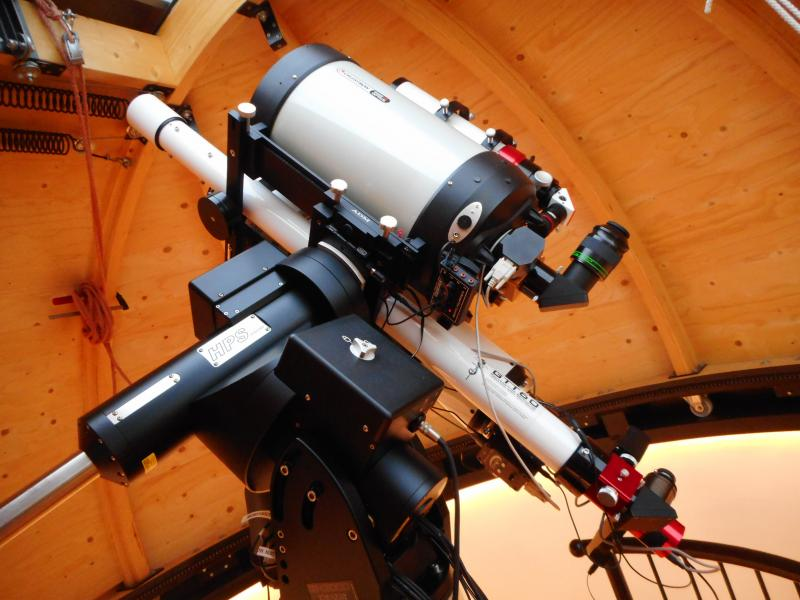For centuries, the telescope has been an instrument of fascination and discovery, allowing humanity to peer into the vast expanse of the cosmos and unravel the secrets of the universe. From Galileo’s humble invention to the cutting-edge observatories of today, telescopes have played a pivotal role in expanding our understanding of the cosmos and our place within it. In this article, we will explore the profound impact of telescopes, their evolution over time, and the wonders they continue to unveil.
The telescope, born out of curiosity and ingenuity, forever changed our perception of the universe. Galileo Galilei, the renowned Italian astronomer, is often credited with the invention of the telescope in the early 17th century. His early telescopes, constructed with a simple arrangement of lenses, opened up a whole new world of celestial exploration. Galileo’s discoveries, such as the craters on the moon and the moons of Jupiter, shattered the prevailing geocentric model and laid the foundation for modern astronomy.
Since Galileo’s time, telescopes have undergone a remarkable evolution. From refracting telescopes that use lenses to gather and focus light, to reflecting telescopes that employ mirrors, each new iteration has brought improvements in clarity, precision, and scope. The 20th century witnessed breakthroughs with the advent of radio telescopes, which detect and analyze radio waves emitted by celestial objects, and space telescopes like the Hubble, which revolutionized our understanding of the universe by capturing stunning images free from atmospheric interference.
Modern telescopes have pushed the boundaries of human knowledge to unimaginable heights. They have enabled us to observe distant galaxies billions of light-years away, study the birth and death of stars, and delve into the mysteries of black holes and dark matter. The sheer magnitude of the universe becomes tangible through the eyes of these incredible instruments. Telescopes have revealed breathtaking phenomena, from dazzling nebulae and supernovae to the remnants of ancient cosmic collisions, providing a glimpse into the grand tapestry of the cosmos.
Furthermore, telescopes have not only enriched our understanding of the universe but also transformed other scientific disciplines. For instance, they have contributed to the field of exoplanet research, allowing astronomers to detect and characterize planets beyond our solar system. The discoveries of these distant worlds have ignited a renewed fascination with the possibility of extraterrestrial life and spurred further investigation into the conditions necessary for its existence.
In addition to their scientific contributions, telescopes have captured the imaginations of people worldwide. They have inspired countless individuals to gaze at the stars and contemplate their place in the universe. Amateur astronomers armed with telescopes have made remarkable contributions, discovering comets, asteroids, and even new celestial objects. The telescope has become a powerful tool for fostering scientific curiosity, encouraging us to explore and question the mysteries that lie beyond our own planet.
As we look to the future, the telescope’s journey is far from over. New generations of telescopes are being developed with even greater capabilities. The James Webb Space Telescope, set to launch in the near future, promises to revolutionize our understanding of the early universe and potentially detect the first galaxies that emerged after the Big Bang. With its larger mirror and advanced instruments, it will pave the way for extraordinary discoveries and fuel our insatiable quest for knowledge.
In conclusion, the telescope stands as a testament to human curiosity, innovation, and the unyielding spirit of exploration. From Galileo’s humble beginnings to the marvels of modern technology, telescopes have unlocked the wonders of the cosmos and expanded our cosmic horizons. They continue to be our window to the universe, revealing its extraordinary beauty and intricacies. As we gaze through their lenses, we are reminded of the boundless possibilities that


